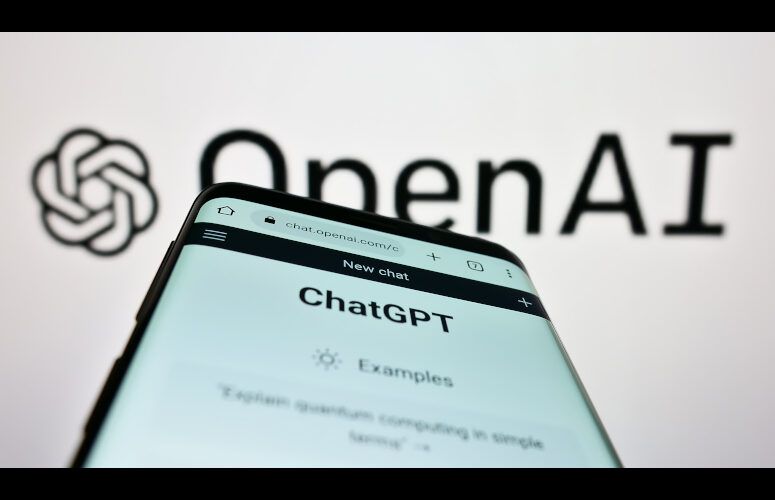
Generative AI: Boundless Potential at Our Fingertips
On Aug 17, 2023Generative AI technology has the potential to revolutionize the way we work, learn, and solve problems. According to Ravi Kumar S, CEO at global professional services firm Cognizant, “We are now on a journey through uncharted territory, an evolutionary leap. Generative AI places boundless potential at our fingertips – shrinking the digital divide, empowering users, and transforming business and work through new levels of human-machine collaboration.”
Amplifying Human Potential
The public unveiling of OpenAI’s ChatGPT has brought about a shift in the role technology plays in our lives. Tasks and talents that were once exclusive to humans are now shared with algorithms. Generative AI can boost sustainability, find cures for deadly diseases, and alleviate poverty through personalized, automated education and agricultural innovation, according to Kumar.
Generative AI’s Business and Work Impacts
Generative AI technology can also benefit businesses, governments, nonprofits, and the scientific community by helping them operate more efficiently, and enhance the value they deliver. In addition, new services are emerging along the AI value chain as underlying data has to be curated and algorithms have to be trained by humans for context and decision-making cues.
Generative AI also has the ability to shrink the digital divide by removing barriers to insights and innovation, empowering less digitally mature organizations to transform their services faster. To navigate this landscape successfully, Kumar S said that businesses will require a “more diversely skilled workforce” – one that understands human behavior (sociology, psychology, anthropology), can create and optimize different processes (design thinking, six sigma, industry-specific knowledge), and engage audiences intellectually and emotionally through storytelling and design.
Governance and Education: Our Dual Responsibility
With the rapid advancement of generative AI, technology providers and integrators have a responsibility to ensure the responsible and ethical use of this powerful technology. Laws and regulations cannot be adopted and modified quickly enough to be effective, considering the rapid pace of change. Technology companies and integrators are at the core of developing and incorporating generative AI into new products and services, and are therefore in the best position to ensure responsible, ethical use, according to Kumar. Closely related to governance is education, which can help illuminate the ethical and legal aspects of AI usage such as privacy concerns, bias issues, and intellectual property rights.
“As we navigate this uncharted terrain together, with boundless potential at our fingertips, it is important that we proceed with excitement, continued curiosity, and a sense of collective responsibility,” said Kumar S. “It’s in our hands to shape this powerful technology into a tool for progress.” – (BPT)
To access more business news, visit NJB News Now.
Related Articles:





